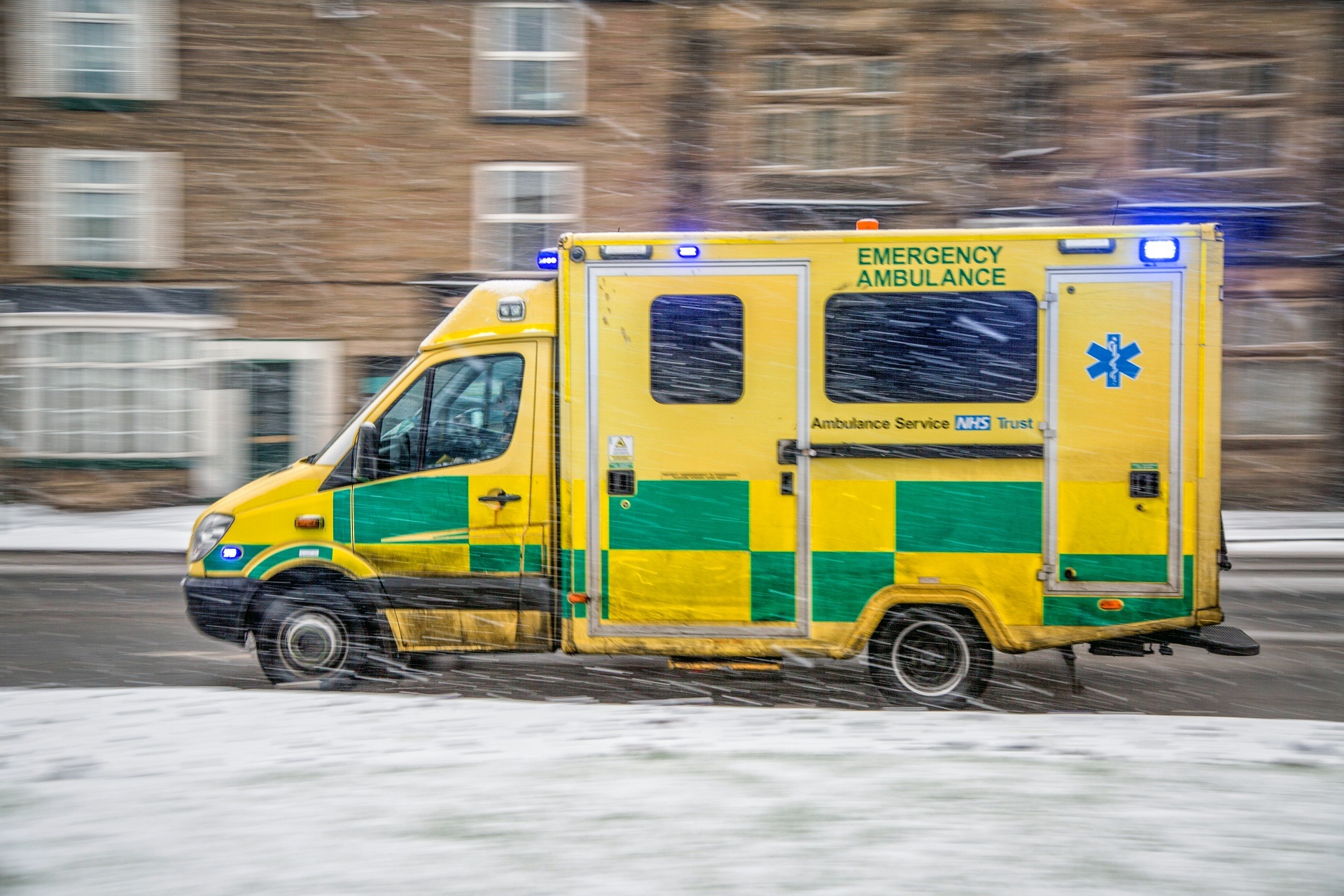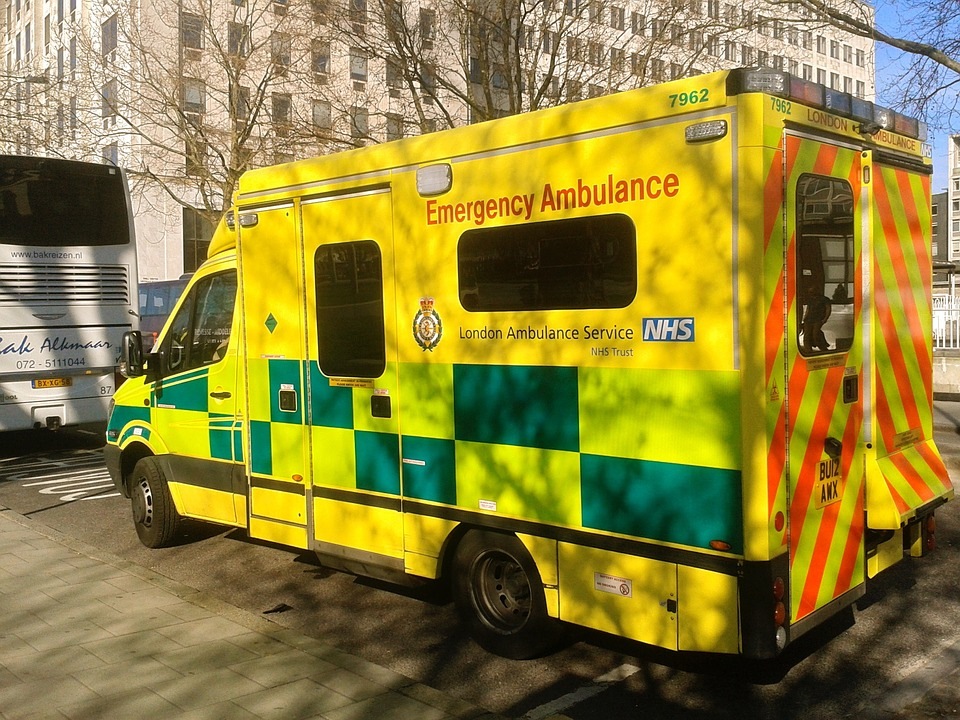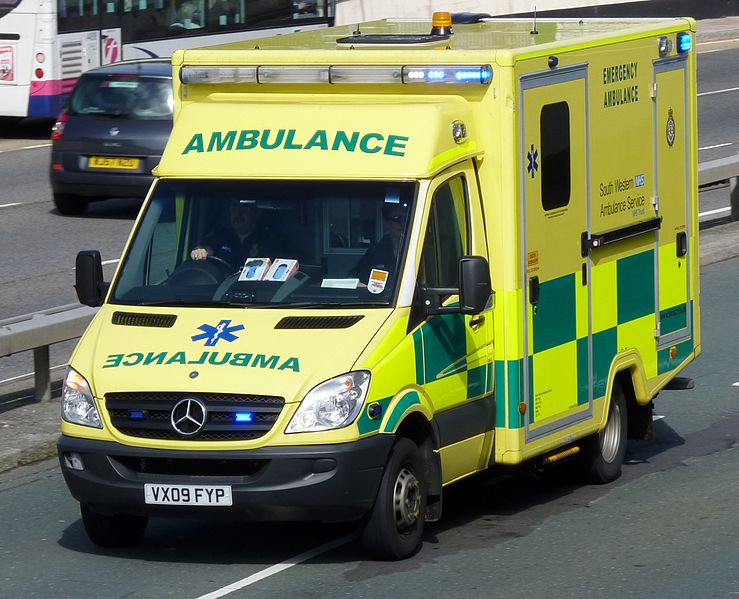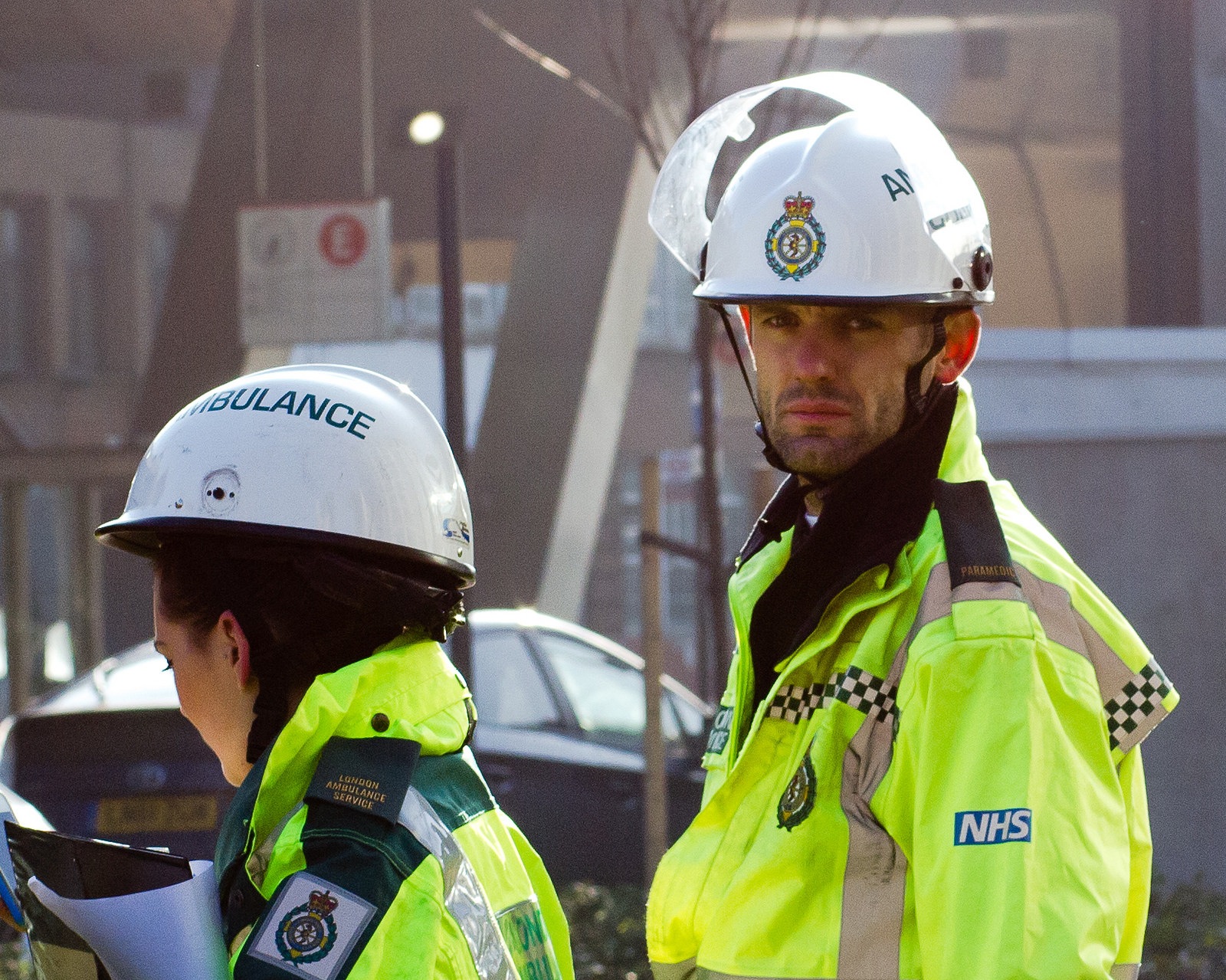
UK - NHS in crisis. What is the front line opinion? How can the situation be improved?
Is the NHS in crisis currently? What is the front line opinion? How can the situation be improved?
LONDON – The NHS in the UK is facing one its biggest crises ever, thanks to years of under investment, coupled with an exceptionally high demand on services and low staffing levels.
NHS spending cuts
In recent years the NHS in England has been faced with reduced levels of quality staffing, lower investment and less funding as a result of austerity, largely from Conservative party policy to cut spending. This growing crisis was compounded during the winter of 2017/18 with an exceptionally high demand for services and a winter flu outbreak. The British Red Cross has even suggested that the NHS was facing a ‘humanitarian crisis” this winter.
![10678157135_f75e4dd6c0_k]() Winter crisis
Winter crisis
The winter crisis has led to the axing of some 50,000 operations, in the attempt of trying to ease the strain on services. The BBC has reported on long waits for ambulances and at Accident and Emergency wards and a huge strain on bed capacity. A leak to the BBC revealed that almost one quarter of patients were faced with a wait of more than four hours in A&E in the first week of January. Only one NHS in England hospital met its targets that week. This demand on services coupled a lack of staff investment has led to low morale in many trusts.
The view from the front line
According to Jack, a Student Nurse in the East of England, morale is a major issue. He says, “I have noticed low morale due to high workloads and thinly spread staffing. There seems to be many vacant positions, often filled with bank staff or agency staff.” Low morale, the Brexit effect and a lack of investment has led to more vacancies and fewer staff. According to Jack, “People seem to be leaving the NHS faster than they can be recruited…Low morale and high stress levels lead to many staff absences. The use of bank and agency staff will impact on a patient’s care.” Most reports and opinions concur that greater investment in general is essential. According to Jack, “More investment in training and a realistic pay rise in line with inflation which reflects the value of the job would be needed for positive change”.
First Responders instead of Paramedics?
In UK seems that patients are going to pay a high price for having a low priority, currently. Volunteer first responders are increasingly being asked to fill in for paramedics, they are given the freedom to discharge patients and, in addition, the police is alleged to be considered as a secondary ambulance service. As reported by many headlines, the situation is very concerning.
As ITV News reported, “the volunteer first aiders are discharging patients on the orders of nurses and ambulance staff despite it being in breach of official guidelines. First responders, who are on scene before paramedics to provide comfort and support, told that many patients who call 999 are not being seen by trained clinician”.
Union Unison and volunteer responders are claiming that this puts patients live at risk
The fact is: a first responder is only BLS trained and equipped with a very limited range of devices (AED, oxygen tank and dressing kit) and in case of a deemed low priority, the patients becomes critical? Moreover, the first responder gets the order from nurses and clinicians at the centre to evaluate the patient’s condition and test medical parameters, (volunteer first responder cannot provide electrocardiogram and is not equipped with monitor). If there is the need of an ambulance, the patient must wait (if the ambulance is available, of course), on the contrary the first responder on scene has the duty to discharge the patient (which is, moreover, forbidden by British law). The danger is that the volunteer could be called to take the responsibility on patients who may risk a cardiac arrest without the skills to recognize the symptoms.






